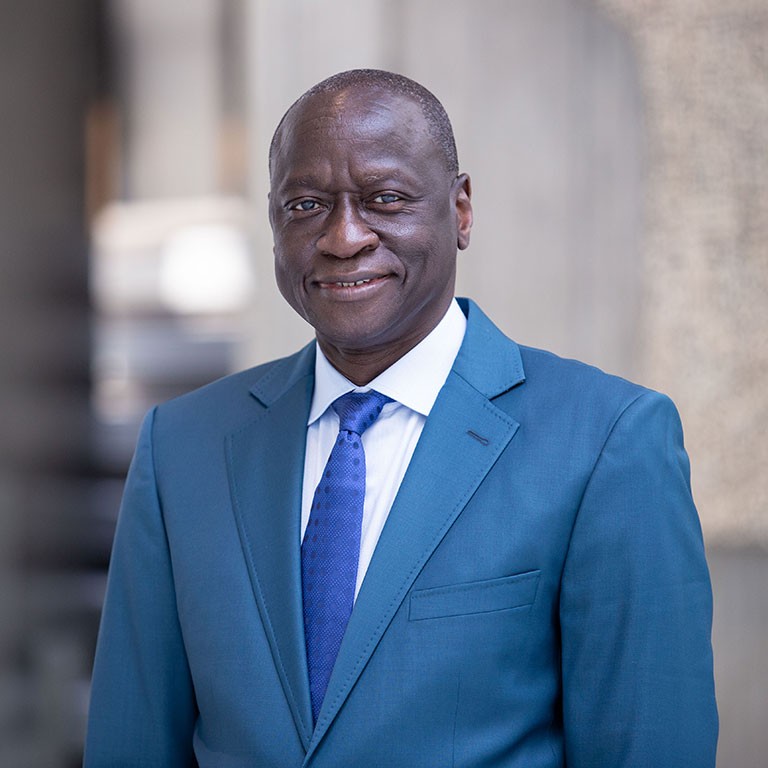Ousmane Diagana, a Mauritanian national, is the Regional Vice President for Western and Central Africa. Appointed to this role in July 2020, Mr. Diagana manages the Bank relations with 22 countries and oversees a portfolio of projects worth more than $57 billion, and a wide range of analytical work and technical assistance.
Under his leadership, the Bank’s operations in the region adopt a ‘people-centered approach’ focused on strengthening human capital and empowering women and youth, creating more and better jobs, promoting private sector development, supporting critical infrastructure and digital development, and strengthening climate resilience, agricultural productivity and food and water security.
Prior to this appointment, Mr. Diagana was the Vice President of Human Resources. In that role, he provided strategic leadership to the institution on talent development and oversaw all HR policies, programs, services to support the Bank Group’s global workforce.
Mr. Diagana has also held positions as Country Director for Côte d’Ivoire, Burkina Faso, Benin, Guinea, and Togo, Country Director for Mali, Niger, Chad, and Guinea, Country Manager for Niger, and Program Leader in Morocco. Mr. Diagana has extensive experience effectively leading diverse, multi-disciplinary teams to deliver innovative strategies and operations —including in fragile and conflict-affected countries. In 2009, Mr. Diagana received the Good Manager Award from the World Bank Group Staff Association in recognition of his leadership skills.
Ousmane Diagana joined the World Bank in 1992. He has degrees in economics, finance, and planning, as well as a certificate in education policies and analysis. Mr. Diagana speaks French, English, Arabic, Soninke, Fulani, and Wolof.
MORE FROM Ousmane Diagana
- BLOG POSTS
- MEDIA
